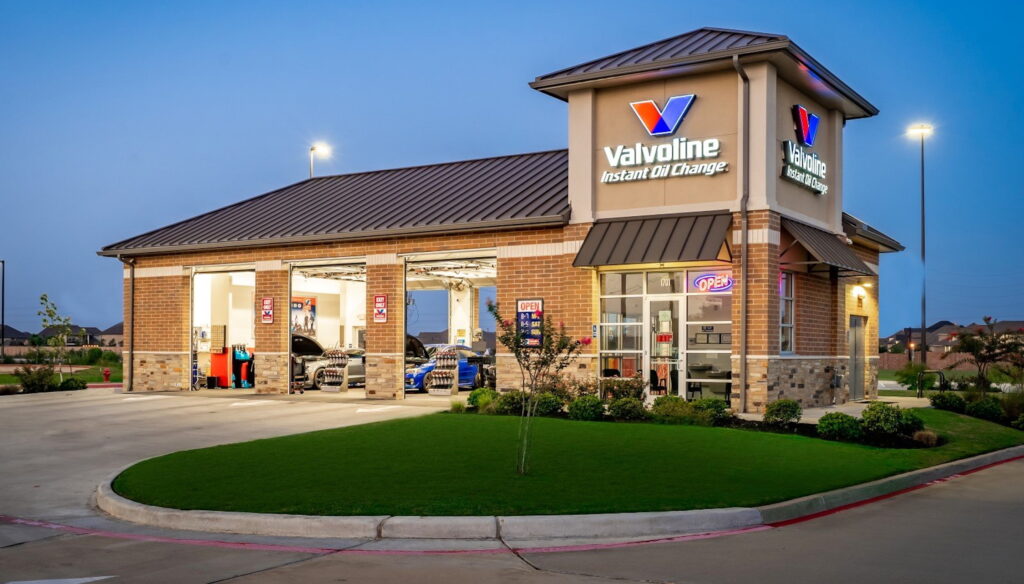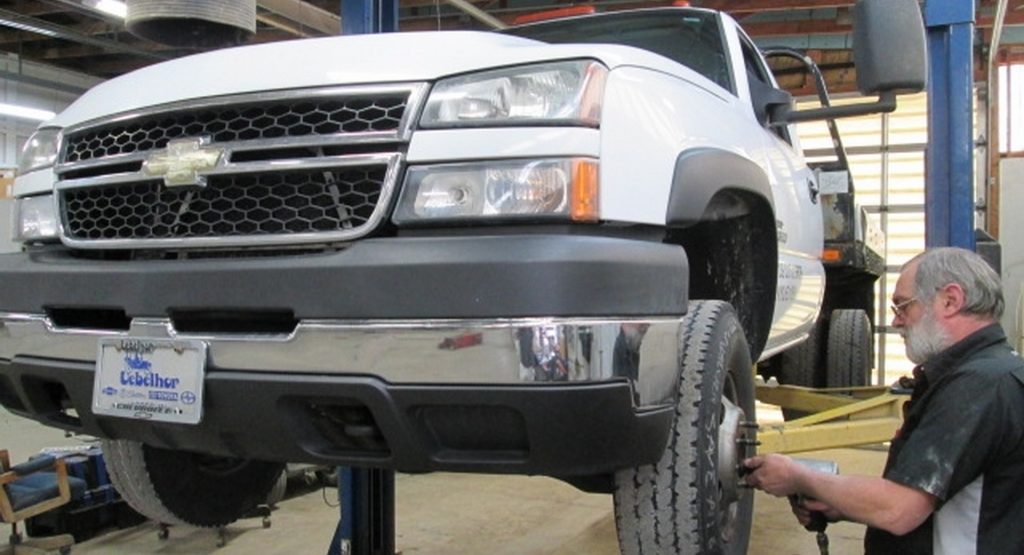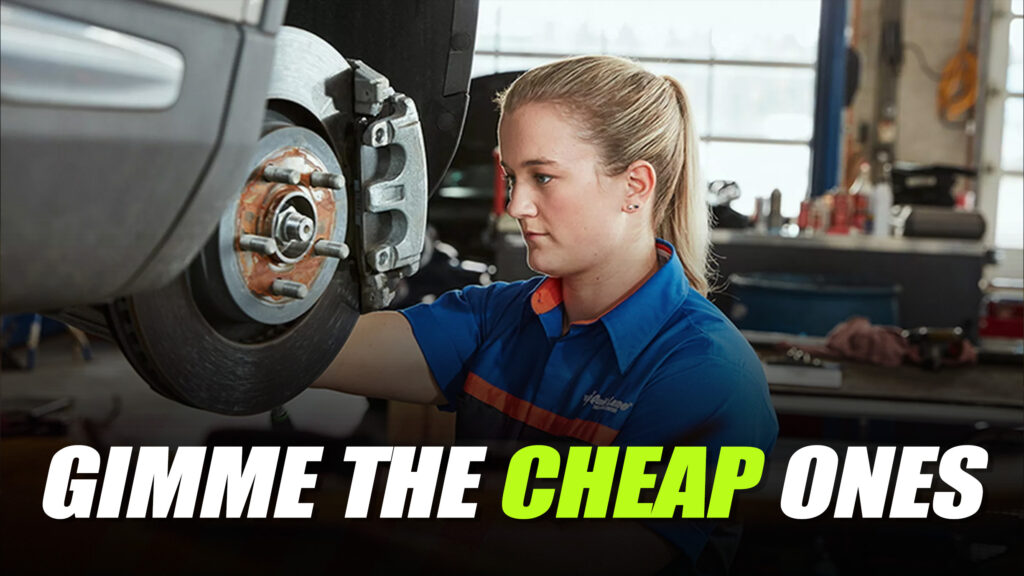- The average age of cars on US roads has risen, but auto parts and repair centers are actually losing revenue.
- Aftermarket businesses say owners of older cars are putting off repair work due to a shortage of disposable income.
- Valvoline and Monro both suffered stock price drops recently after experiencing downturns in 2024.
Americans feeling the squeeze from inflation, high interest rates and other pressures are buying fewer new cars. That’s bad news for automakers and dealers, but the surprise is that it hasn’t translated into good news for the aftermarket service businesses that help keep our increasingly older cars on the road.
An investigation by the Wall Street Journal highlights that the average age of passenger cars in the US today is 13.6 years, compared with just 8.4 years three decades ago. And unlike new cars, which come with new, top quality tires, fresh brakes and oil, require minimal servicing in their early years, and can sometimes be serviced free of charge at automaker dealerships, older cars need more work to keep on the road.
Related: Ford Dealer Quotes $9,152 For AC Fix, More Than The Car’s Worth
But the non-automaker service businesses providing that work – the oil changes, brake jobs and tire replacements – say Americans are spending less on maintaining their used cars. They’re either skipping service work altogether or opting for cheaper versions of it, perhaps by choosing a budget tire instead of a premium one, even though the cheap rubber will likely need replacing sooner.
The WSJ reports that Valvoline shares fell 9 percent in recent weeks after it revealed to investors that 2024 was unlikely to be a bumper year. Shares in Genuine Parts, another big aftermarket player, sank by more than a fifth a couple of months prior, and Monro, of tire shop fame, suffered a 12 percent drop in its stock price in May.

The numbers paint a grim picture, and one that could get worse as more EVs, which require less maintenance, filter through to the used market – although the fact that the heavy electric machines are harder on their tires is good news for tire shops.
But AutoZone’s CEO sounded a positive tone, telling the WSJ that while customers have always deferred maintenance in tough economic times, they haven’t stayed away for long.
“As we get further through the cycle, they start to repair their cars because they realize a little investment today, maintaining their vehicle, defers a major repair into the future,” Philip Daniele said.





